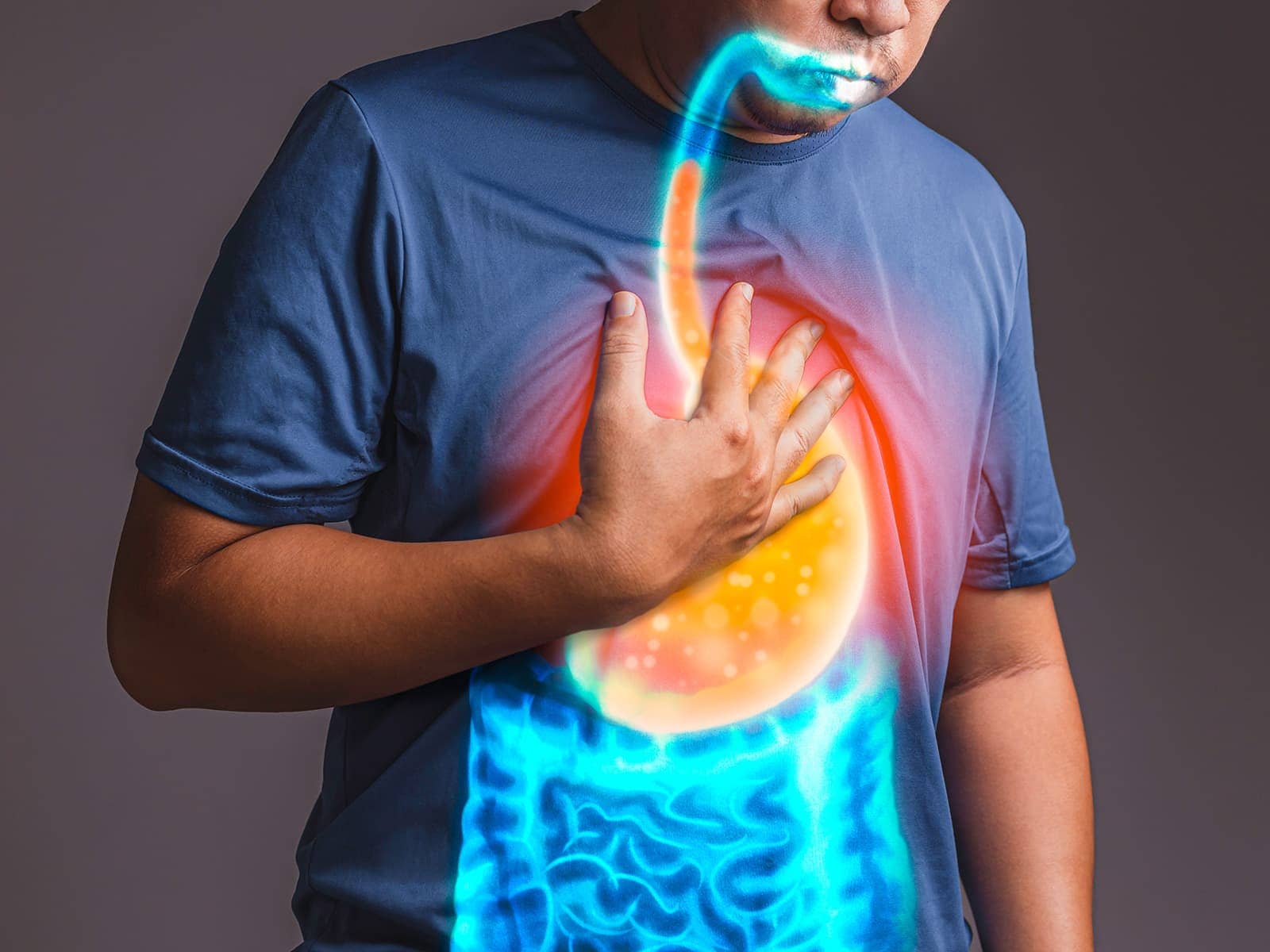
Burgering or purging causes excessive release of air in the stomach via the mouth and this is the medical terminology eructation. It is a normal way of disposing of swallowed air but every eructation taking place regularly or alternately, is suggestive of a natural issue.
Even though the eructation of the occasional burps is not harmful, the frequent eructations can be accompanied by other symptoms:
Excessive burgering is caused by a lot of reasons. Common causes include:
You should not be detailed by burgering and painfulness. In GastroDoxs, Houston, your professional employees are the developed diagnostics of diabetes endoscopy and breath tests, and the procedures of your own dietary scheme restorative plans. Our intention is to bring into effect the cause of your bursting and give you a lasting solution in either dietary guidance and behavior therapy or medication.
Ready to feel better? Freelance to get the call by the contact number or by making a schedule online.
We've successfully treated more than 667 patients, helping individuals improve their digestive health and overall well-being through expert, personalized care.
With over 20 years of experience, GastroDoxs has been a trusted provider of gastroenterology care, focusing on delivering the best outcomes for patients
Frequent eructation is a common result of excessive amounts of swallowed air (aerophagia), gastroesophageal reflux (GERD) or alimentary system aberrancies that result in excessive gas production.
Eat slowly, drink no soft drinks, never eat gum and straws, and take over the counter medicines like simethicone to eliminate what sort of gas and swallowing air.
Yes. With the combination of the belching and the heartburn, accompanied by the reflux of the acid, the GERD may be viewed as the cause of the aforementioned and should be monitored by a physician.
No. They are the same. The term that is used in medicine to describe belching or burgering is eruction.
Acid reflux destroys the esophagus, traps gas and makes a person feel more nauseous, or folds the stomach and makes it take long to empty.
The incidental incidences of light cases of burping and nausea, however, do indicate that repeated or excessive cases of burgering, may signify GERD, ulcers, infections, and other gastrointestinal issues.
Yes. Sodas would produce some additional gas into an already saturated stomach, which would further lead to more belching and bloating.
No. Eructation is expulsion of gas without force or stomach material, but vomiting is the exercise of expulsion of stomach material forcefully.
Consult a specialist on the occurrence of burgering (daily), pain resulting in burgering, loss of weight, loss of appetite, swallowing difficulty, or failure to change on lifestyle change.
We provide nutritional education, special examination (endoscopy and breath tests), medication (antacids and PP), behavioral change, and follow-up care.